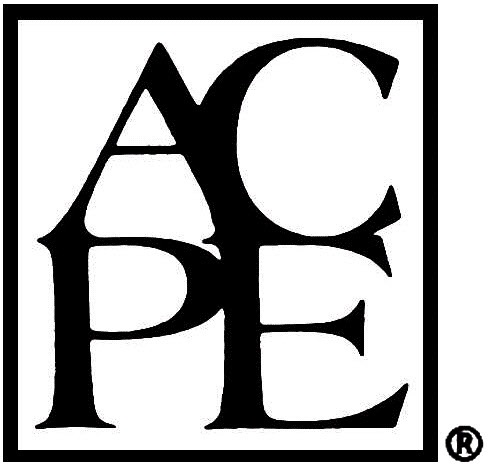INT1 - The expanding role of the hospital pharmacists in the care of pre and post renal transplant patients
Link to EAHP StatementsSection 4 - Clinical Pharmacy: Statements - 4.1, 4.8
ACPE UAN: TBC AbstractRenal transplantation is the treatment of choice for end-stage renal failure as it has been shown to reduce the high mortality observed in these patients. Both the perioperative medication management and the post-transplant long term medication management are crucial for the wellbeing of the renal transplant patients. Soon after the transplant these patients are commenced on multiple immunosuppressant medications which are characterized by a narrow therapeutic index, are responsible for frequent adverse drug events as well as drug-drug interactions. Thanks to the renal transplant, patients now live longer and inevitably they are exposed to immunosuppressants for a longer period of time. This prolonged exposure can potentially cause additional threats to the transplant patients, such as infections, malignancies, metabolic disorders, and hypertension. It follows that, in addition to the immunosuppressant agents, renal transplant patients require also non-immunosuppressant medications, not only to counteract the side-effects of the immunosuppressants but also to treat the complications caused by them. The combination of complex immunosuppressants and non-immunosuppressants medication regimes exposes the renal transplant recipients to an increased risk of experiencing adverse drug events as well drug-drug interactions.
This seminar will focus on medication management strategies the hospital pharmacists (HP) uses to optimize the care of renal transplant recipient patients and improve patients safety.
Learning objectivesAfter the session, the participant should be able to:
- Outline the essential role of the HP in the care of renal transplant recipient patients
- Describe the medication management strategies used to optimize the care of renal transplant recipient patients in the perioperative setting
- Discuss the long term medication management of renal transplant patients and its effects on patient’s care
Educational need addressedThis seminar addresses the advances on medication management strategies made in recent years to optimize the care of renal transplant patients.
Keywords: Immunosuppressive agents, transplantation, medication therapy management

